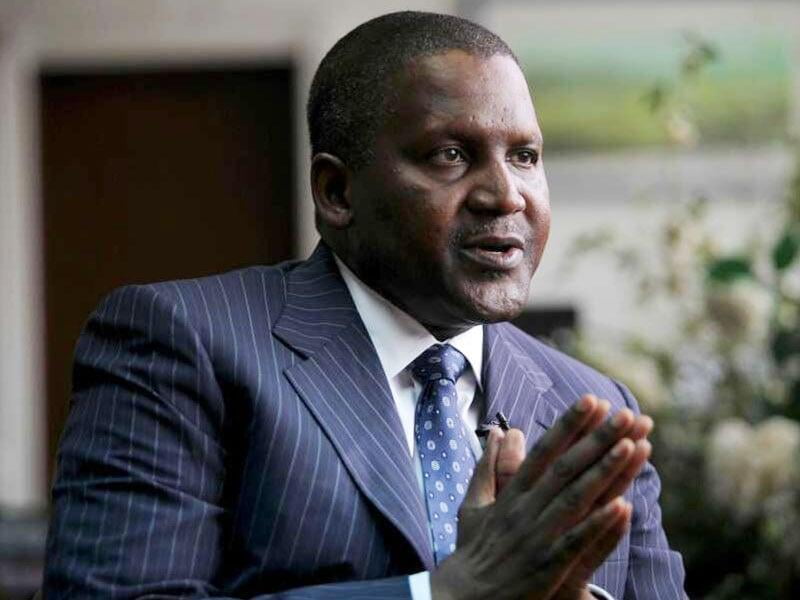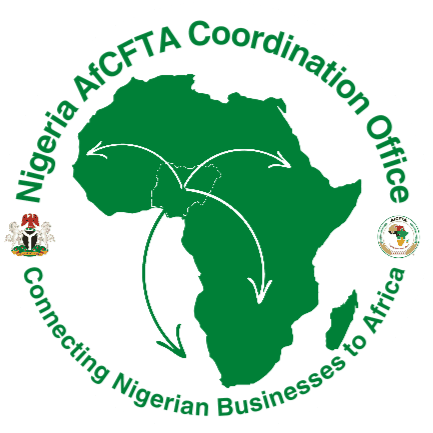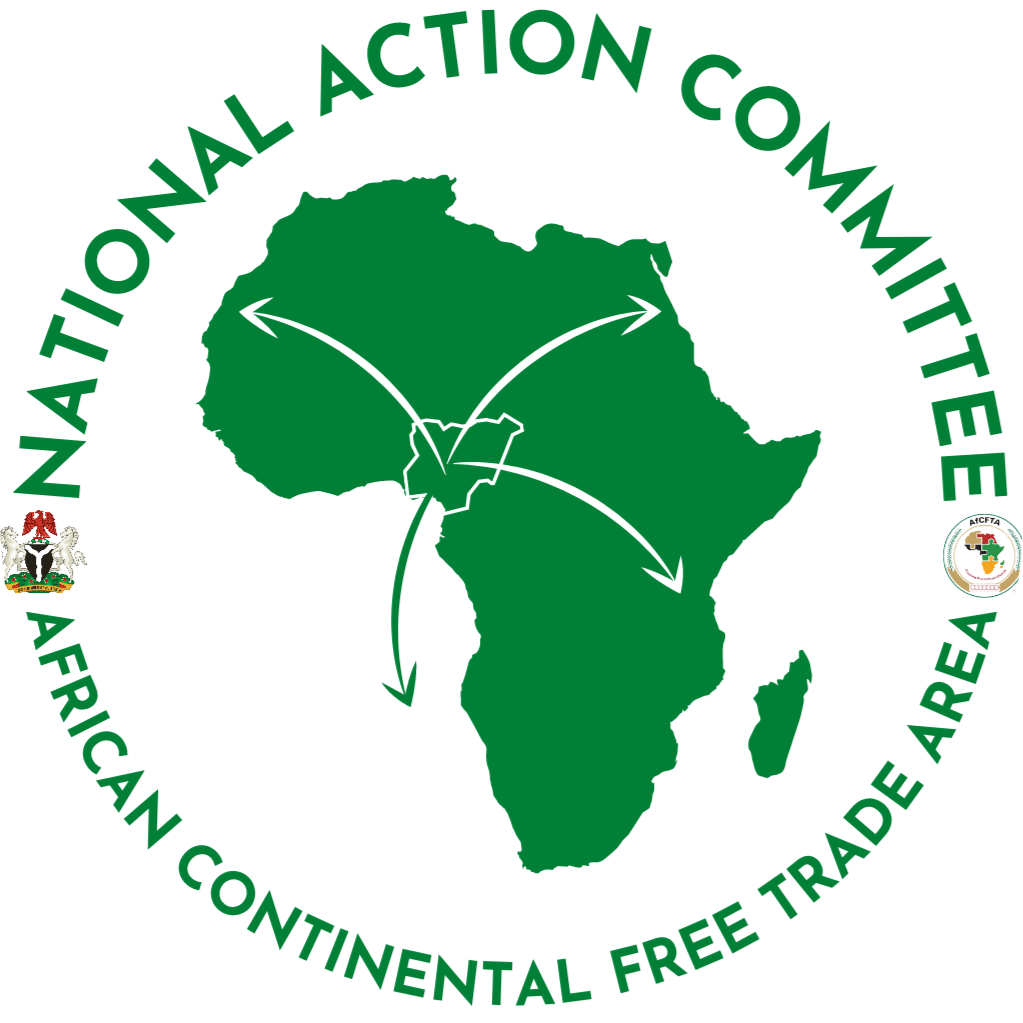
The President of the Dangote Group, Mr. Aliko Dangote, has disclosed that the African Continental Free Trade Area (AfCFTA) would offer his conglomerate a business opportunity that is estimated to be worth $12 billion per annum.
Dangote made this disclosure during a “High-Level Roundtable Discussion on Industrialisation in Africa,” which was organised by the Manufacturers Association of Nigeria (MAN) as part of the activities to mark its 50thanniversary celebration.
He said: “You know that long before the AfCFTA, we have always designed and planned to be an export-based company. We (Dangote Group) are interested in the AfCFTA because we are going to be its major beneficiaries. Number one, if you look at it today, we have the largest fertilizer plant in Africa so we will supply fertilizer all over the continent. We are building the largest petrochemicals on the continent.
“We are also building 650,000 barrels per day petrol refinery. All these are not for the Nigerian market alone. They are actually for Sub-Saharan Africa because all the Sub-Saharan African countries are importing their petroleum products. So, when we start all our exports, we will be able to export more than $12 billion worth of goods, and that has actually put us as one of the highest in Africa, if not the number one”.
Dangote also said that manufacturing in Africa would become globally competitive when industries in the continent begin to produce very high-quality products at the cheapest possible cost.
He said: “I think that what we need to do is to concentrate first on meeting our own domestic demand, by producing high quality at the lowest price. If we do this we will be able to export to other countries and get their markets. That was what the Asian tigers did. They first concentrated on their domestic market and kept on improving on the quality and the cost of whatever that they were producing.
“When we decided that we want to make Nigeria self-sufficient in cement, what we did, knowing that people will challenge us in terms of quality, was to start by investing heavily in technology to make sure that whatever that we want to produce in terms of quality is possible so that when foreign markets open up we will be able to compete both in terms of quality and pricing”.
“I think we need to do quite a lot in terms of pricing because if your pricing is not right there is nothing you can do because no one is going to buy your product.”.
He also said that manufacturers would need governments’ support to stabilise and be able to compete anywhere in the world by removing most of the hurdles like poor infrastructure, unfriendly business regulations and difficulties experienced at different border posts in the continent.
“Today it takes us two weeks to go to Ghana from Nigeria, which is something we are supposed to do in 10 to 12 hours. You invest in trucks to take cement to Ghana and it takes you two weeks and going to Lome in Togo, which is about 270 kilometers from Lagos, is taking us 10 days today as we speak. If that is the case we are not going to be competitive. You are talking about gas? Our gas prices here are almost double than other normal areas.
So, how can we be competitive? Government has to do quite a lot in terms of having the political will to remove all these bottlenecks at the borders. So, I think that there are quite a lot of areas we have to look at to make this thing competitive. The border crossing is the most important one for us. We must make sure that crossing our borders does not take time. It will not make sense at all if it is going to take time. People would rather ship from China straight into their markets. So, we will never be competitive if we do not do that. We actually need to work with the government to remove these bottlenecks, which will need a lot of political will by governments,” Dangote said.


